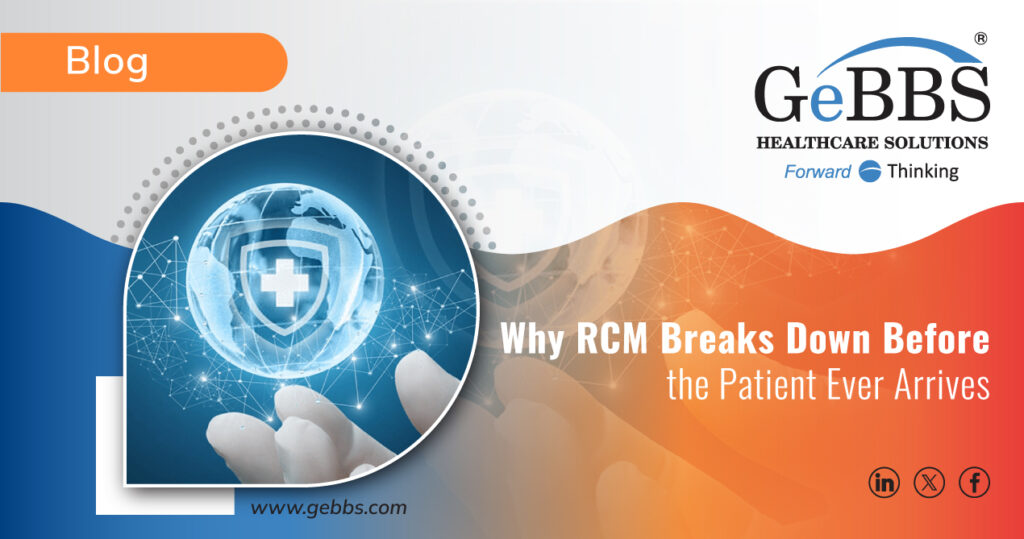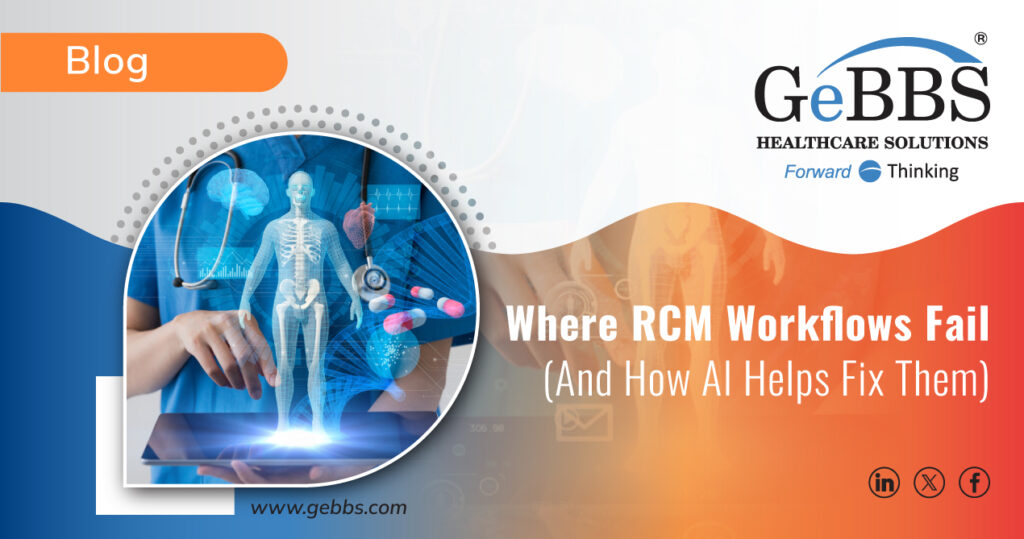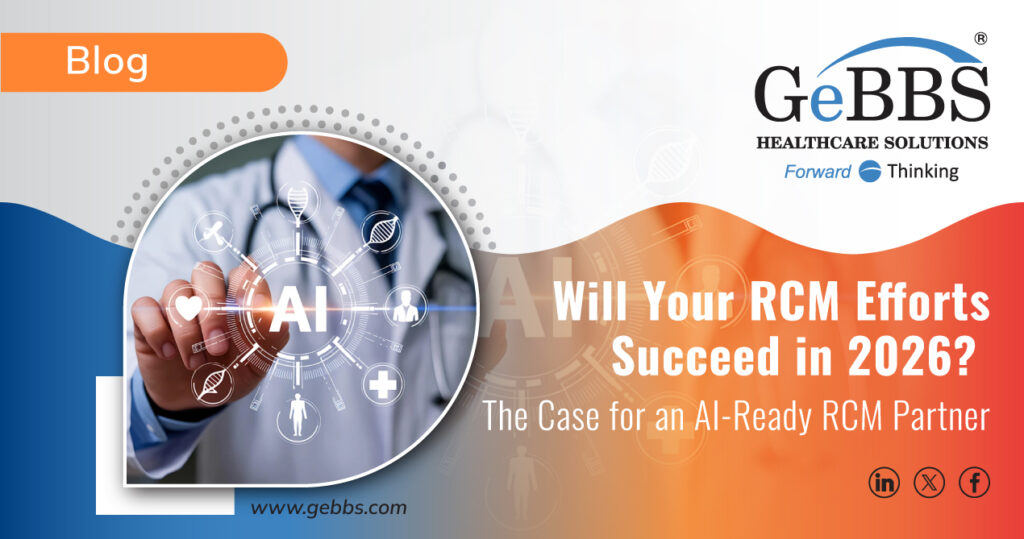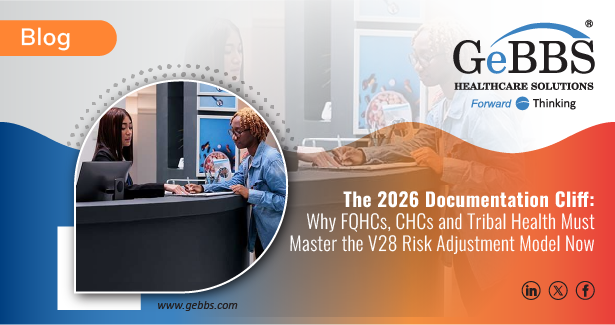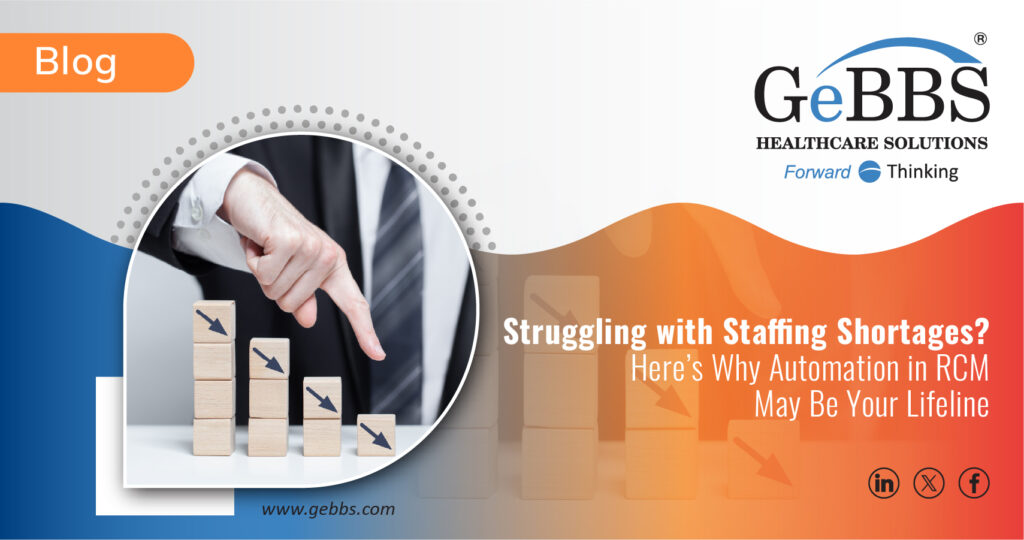Healthcare billing service companies provide vital services to the medical industry; both hospitals and physician groups need their critical services. However, these billing service companies often experience their own operational pains in the form of ever-changing governmental regulations that make medical billing confusing and complicated. Other reimbursement mandates and collection regulations exacerbate the problems medical billing companies face.
The mission of these billing companies is, of course, to handle the revenue cycle management, increase their clients’ efficiencies, and take onerous billing activities off the plates of their clients’, while continuing to improve their bottom lines. How are they able to provide these vital services while still tending to their own pains?
The answer is: predictive analytics.
By integrating predictive analytics and business intelligence software technologies, medical billing companies can treat their own symptoms, while providing end-to-end information management and billing strategies. These strategies combine performance management, with data analytics, to help healthcare providers make smarter revenue cycle management decisions that ensure they get every dollar earned. Advanced predictive analytics technologies help the billing service’s clients progress from reactive to proactive revenue cycle management decision-making.
Healthcare providers are in a continual struggle to balance the conflicting goals of how to enhance the quality of their care, while maintaining profitability. They must deliver superior care to ensure the best possible patient results while minimizing administrative and clinical expenses. However, their often complex information technology architectures – which include not only administrative applications, billing and accounting packages, clinical management systems, but also unstructured data, make it difficult to gain insights into the factors that can help define strategy and improve decision-making.
Predictive analytics combine powerful, fully automated discovery and analysis technologies that give healthcare organizations an unhindered view of their patient care and revenue activities, so they can use their enterprise data to improve all facets of their operations, such as ordering supplies, setting schedules, defining patient treatment plans, and managing budgets and billing procedures. Analytical data can also be used to identify overdue monies from patients, opportunities for collecting missed income, including claims that have been wrongfully rejected by payers.
Billing services companies using advanced predictive analytics technologies have the ability to discover patterns and trends within own operations to help them cope with their internal pains while they provide their external clients with models that help them better understand the drivers behind revenue cycle management, treatment outcomes, readmissions and patient satisfaction. These models can then be deployed to predict future revenue generation trends, patient admissions, bed utilization, length of stay, and other metrics that can be used to predict future behaviors.
Not only do predictive analytics allow healthcare providers to take a more proactive approach to revenue cycle management, they can improve patient care by more precisely predicting which patients will develop chronic conditions, or which patients will respond best to certain types of medications or therapies. Predictive analytics can improve the outcome of patient treatments by closely analyzing which treatment regimens work best, allowing providers to make more intelligent decisions about treatment plans that minimize complications and patient readmissions.
When predictive analytics are applied to healthcare challenges, they can help providers make more informed financial, administrative, and clinical decisions based on their specific experiences and data. These decisions can result in higher profitability, reduced costs, improved quality of care, and a maximized ROI on the

